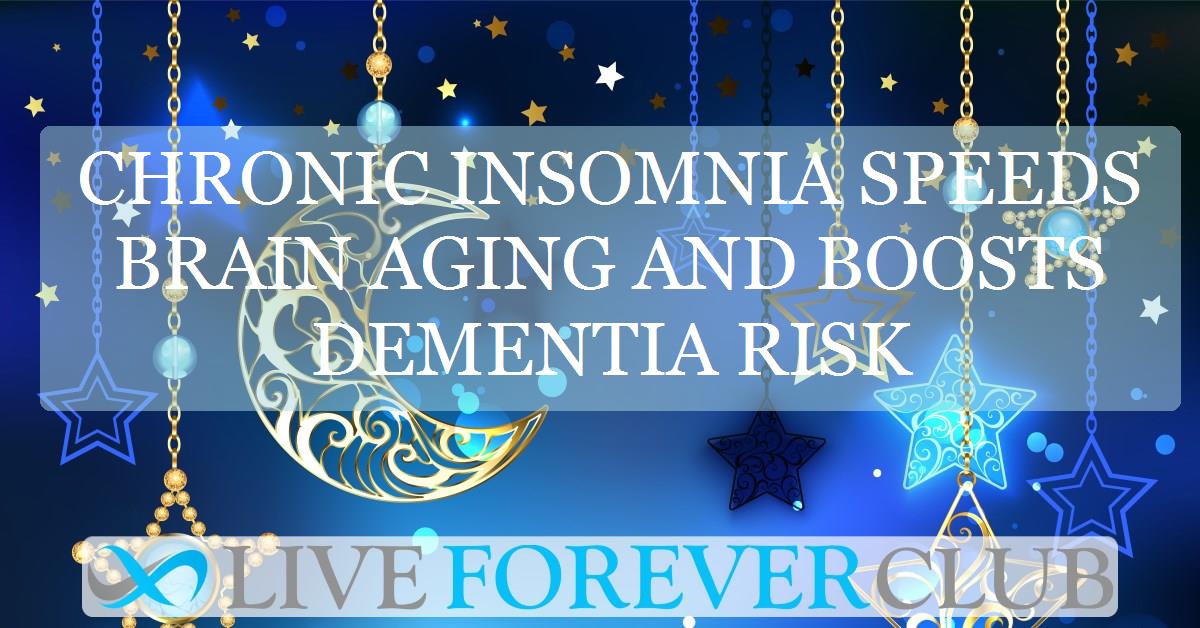Key points from article :
A new study published in Neurology, led by Dr. Diego Z. Carvalho of the Mayo Clinic, has found that people suffering from chronic insomnia—defined as difficulty sleeping at least three nights a week for more than three months—may face a 40% higher risk of developing dementia or mild cognitive impairment (MCI) compared to those with less persistent sleep issues. Chronic insomnia was also linked to signs of accelerated brain aging, equivalent to about 3.5 additional years of biological aging.
The research followed 2,750 older adults with an average age of 70 who were cognitively healthy at the start of the study. Over nearly six years, participants reported their sleep patterns, underwent cognitive tests, and received brain scans to detect white matter changes and amyloid plaques—key markers of Alzheimer’s disease. Those with chronic insomnia not only showed a higher risk of cognitive decline but also had greater buildup of amyloid and white matter damage, suggesting that sleep problems may contribute to both Alzheimer’s-related and vascular pathways of brain deterioration.
Dr. Carvalho emphasized that the effect of insomnia on dementia risk was greater than having both hypertension and diabetes combined, underscoring its significance as a modifiable public health risk factor. Despite this, insomnia often remains underdiagnosed and undertreated, particularly among older adults who may dismiss poor sleep as a normal part of aging. Experts urge clinicians to include sleep assessments in routine checkups, noting that early intervention could help delay or prevent cognitive decline.
Commenting on the findings, sleep specialists Dr. Christopher Allen and Dr. Megan Glenn highlighted that improving sleep could be a powerful and accessible way to protect brain health. They called for future studies using objective sleep measurements and intervention trials to determine whether treating insomnia—through behavioral therapy or medication—can actually slow or prevent dementia-related brain changes.







